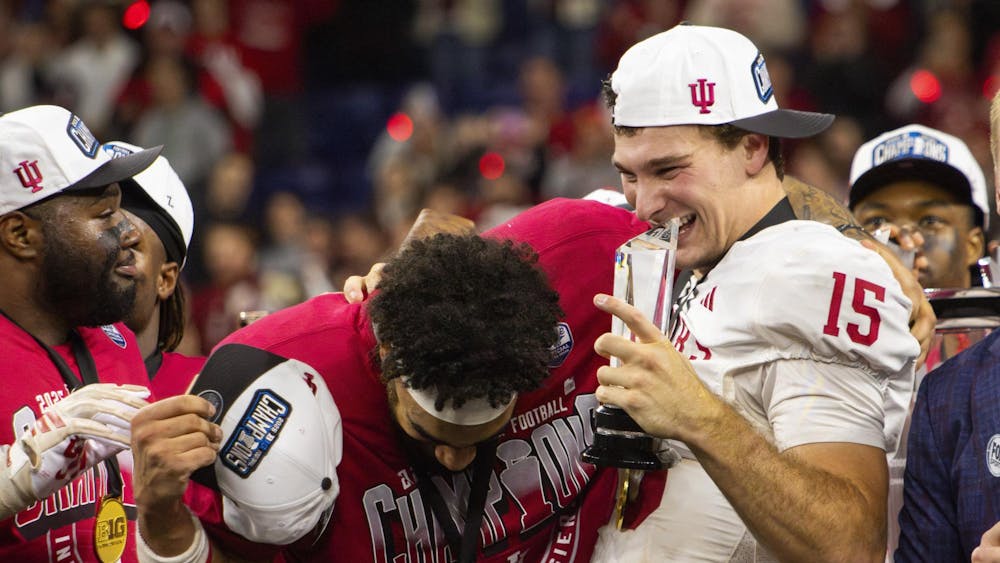The study was conducted by Linda Smith, a professor in the IU Department of Psychological and Brain Sciences, Anthony Morse, a senior postdoctoral research fellow in the Centre of Robotics and Neural Systems at the University of Plymouth, and Viridiana Benitez, a postdoctoral research associate at the University of Wisconsin-Madison.
It consisted of researchers using robots and infants to examine the role of posture in correlation to the brain’s ability to “map” names to objects, according to a press release.
Smith said the study shows the body plays a role in early object-name learning and how toddlers use the body’s position in space to connect ideas.
“The creation of a robot model for infant learning has far-reaching implications for how the brains of young people work,” she said in the ?press release.
Smith also said other studies have shown although memory is tied to the location of an object, none of them have shown bodily position plays a role.
The researchers conducted a series of experiments to reach their conclusion, first with robots programmed to map the name of an object to the object itself through its posture, then with children age 12 months to 18 months.
One experiment consisted of a robot being shown an object to its left, then one to its right; this process was repeated multiple times in order to create an association between the objects and the robot’s two postures.
Finally, with no objects, the robot was directed into the location of the first object and was told to sit with the same posture as before from ?viewing the object.
After 20 trials, the robot consistently indicated a connection between the object and its name.
“These experiments may provide a new way to investigate the way cognition is ?connected to the body, as well as new evidence that mental entities, such as thoughts, words and representations of objects, which seem to have no spatial or bodily components, first take shape through spatial relationship of the body within the surrounding world,” Smith said in the press release.
Liz Rosdeitcher, a writer for the IU Department of Psychological and Brain Sciences, said the perspectives offered within the connection between the cognitive processes combined with physical aspects of this study are exciting.
“The way our physical processes of development, such as sitting up, standing or holding your head up, have an effect on how we think is an interesting discovery,” she said.
Smith said additional research is needed to determine whether this study’s results apply to infants only or also to the relationship between brain, body and memory.
She said the study might provide new approaches to research on developmental disorders.





